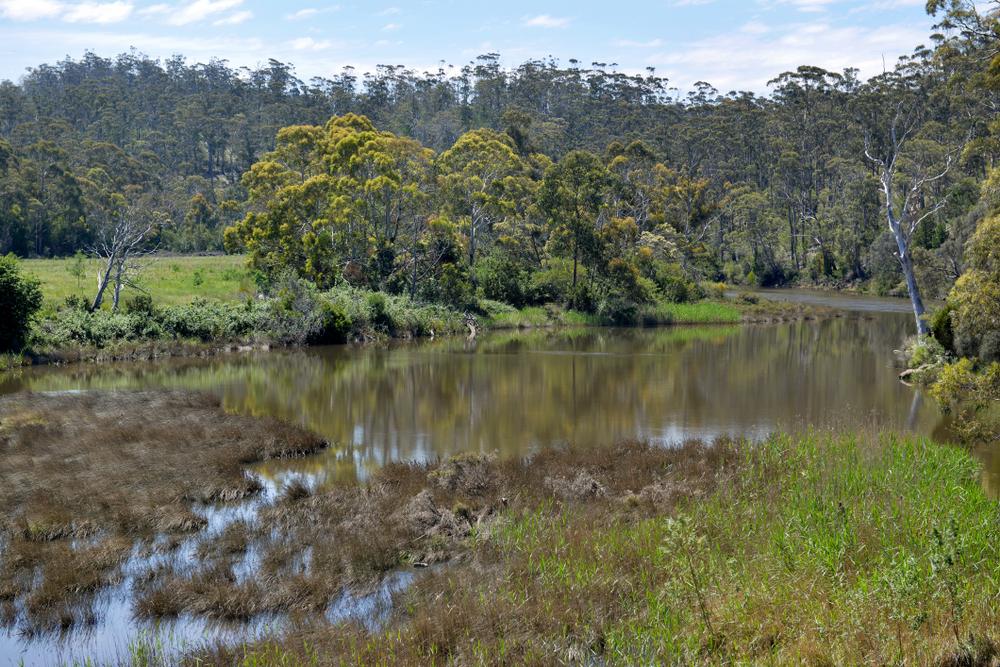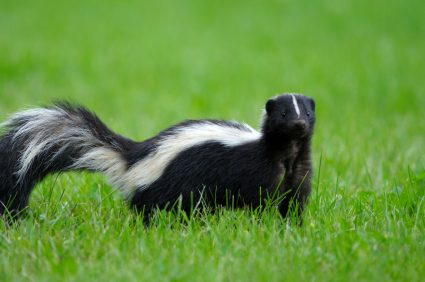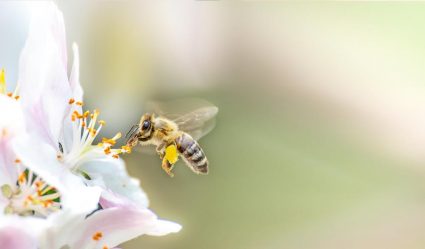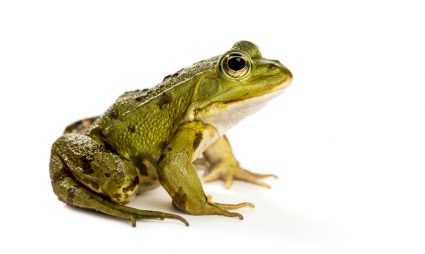
Possums, while generally harmless, can become bothersome pests when they invade your property. They can ravage your garden, rummage through your trash, and even find their way into your home. This comprehensive guide will provide you with effective, humane strategies to deter possums from your property.
To deter possums from your property, start by removing food sources such as garbage, fallen fruits, and pet food. Next, eliminate potential shelters by sealing entrances to your house and repairing any holes in your property’s exterior. Use natural repellents like ammonia, peppermint oil, cayenne pepper, garlic, or molasses. Install deterrent devices like motion-activated sprinklers or lights. If problems persist, consider hiring professional services. Always use humane methods as possums are protected animals in some areas.
Understanding Possum Behavior
Before we delve into possum deterrent strategies, it’s essential to understand what attracts possums to your property in the first place. Possums are opportunistic feeders and are drawn to readily available food sources. They are also attracted to sheltered areas that provide protection from predators and the elements. By understanding these behaviors, you can make your property less appealing to possums.
Step 1: Remove Food Sources
Possums are omnivorous, which means they’ll eat almost anything. To discourage possums from invading your property, you should:
- Secure your garbage cans with tight-fitting lids.
- Clean up fallen fruits and vegetables from your garden.
- Avoid leaving pet food outdoors, especially overnight.
- Use covered compost containers to prevent possums from scavenging.
Step 2: Eliminate Potential Shelters
Possums prefer environments near streams or wetlands, but in urban and suburban areas, they may live under decks, in garden sheds, and other accessible shelters. To make your property less appealing:
- Seal all possible entrances to your house.
- Repair any holes in your property’s exterior.
- Install wood or wire mesh skirting to block off exterior gaps.
Step 3: Use Natural Repellents
There are several natural repellents that can effectively deter possums:
- Ammonia: Pour ammonia into a container, slice a hole in the lid, and feed a rag through the hole. The strong smell will deter possums.
- Peppermint oil: Spray it around areas where possums are causing problems.
- Cayenne pepper: Sprinkle it around your garden to keep possums from entering.
- Garlic: Either place crushed garlic cloves around your yard or mix minced garlic with water and spray it on your plants.
- Molasses: Mix one part molasses with four parts water in a spray bottle and spray it onto leaves and branches that possums climb to get in.
Step 4: Install Deterrent Devices
Motion-activated sprinklers and lights can scare possums away. These devices can startle possums and discourage them from entering your yard.
Step 5: Consider Professional Services
If you continue to have issues with possums, consider consulting a professional for assistance. Companies like Orkin, Terminix, and Rentokil offer wildlife management services, including possum control. These professionals can handle these situations safely and legally, ensuring the well-being of both the animals and your family.
Final Thoughts
Remember, possums are protected animals in some areas, so it’s essential to use humane methods to deter them from your property. By following these steps, you can make your property less appealing to possums and reduce the likelihood of them causing problems in your yard.
Please note that the effectiveness of these methods may vary, and you might need to try a combination of them to achieve the desired results. Regularly monitor your property to determine the success of your chosen strategies and make adjustments as needed.
Possums, like other wildlife, play an essential role in our ecosystem. So, while it’s necessary to deter them from our properties, it’s also vital to treat them with respect and kindness.
Frequently Asked Questions
What time of day are possums most active?
Possums are nocturnal animals, which means they are most active during the night. They typically begin their activities at dusk and return to their dens before dawn.
Can possums be dangerous to pets or humans?
Generally, possums are non-aggressive and pose little threat to humans or pets. However, like any wild animal, they may become defensive if cornered or threatened. It’s also worth noting that possums can carry diseases such as leptospirosis and tularemia, so it’s best to avoid direct contact.
Can I trap the possums on my property?
This largely depends on local laws and regulations. In some areas, it’s illegal to trap and relocate possums without a permit. It’s always best to check with local wildlife authorities or a professional pest control service before taking any action.
Are possums good for anything?
Yes, possums play a vital role in the ecosystem. They are scavengers, which helps control the population of pests like cockroaches, rats, and snails. They also eat fallen fruit and berries, which can help keep your yard clean. Additionally, possums are immune to most snake venoms, so they can help control snake populations.
How long do possums live?
In the wild, possums have a relatively short lifespan, typically around 2-4 years. However, in captivity, they can live up to 10 years.









